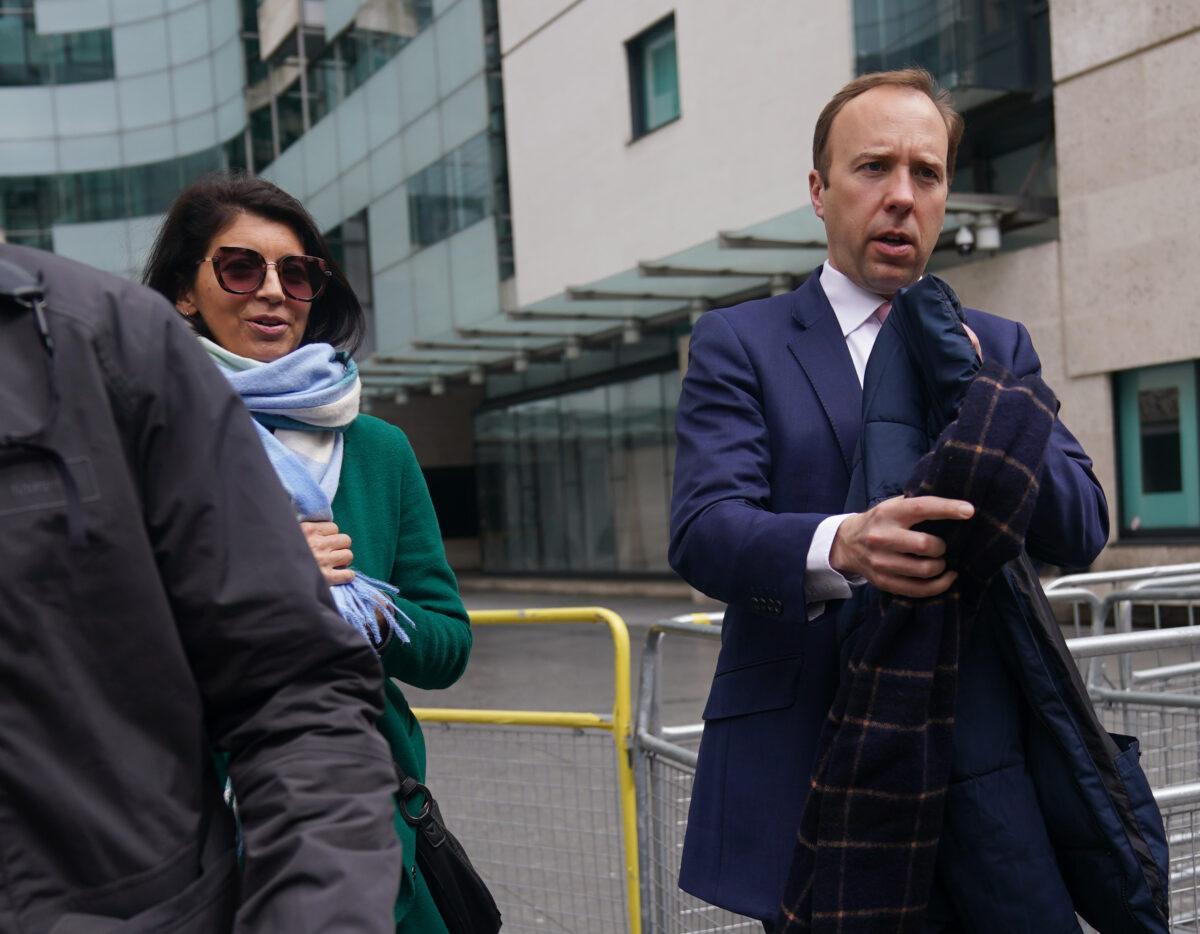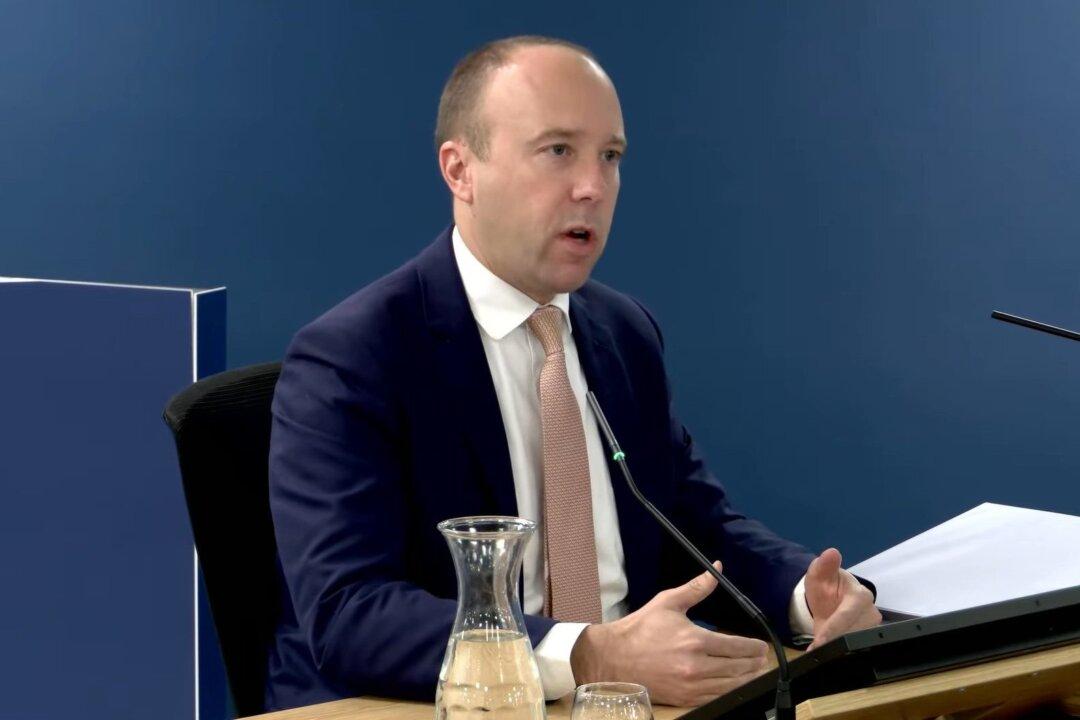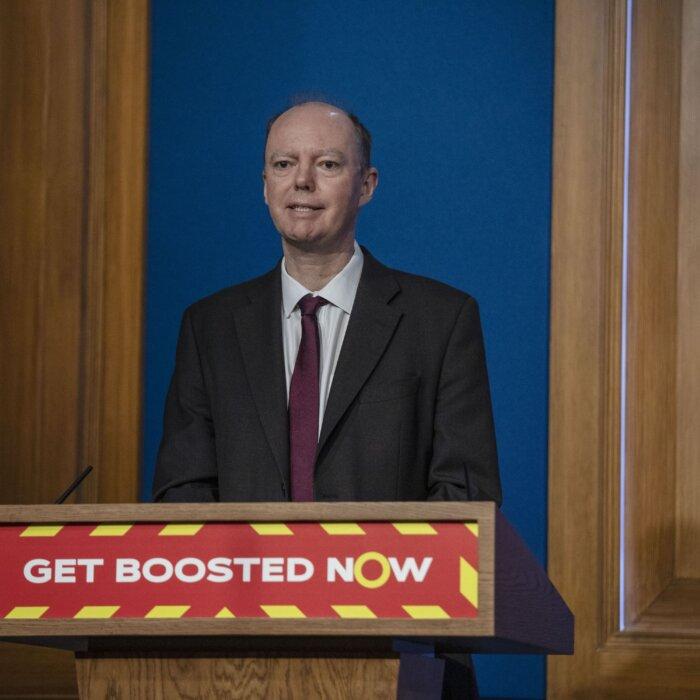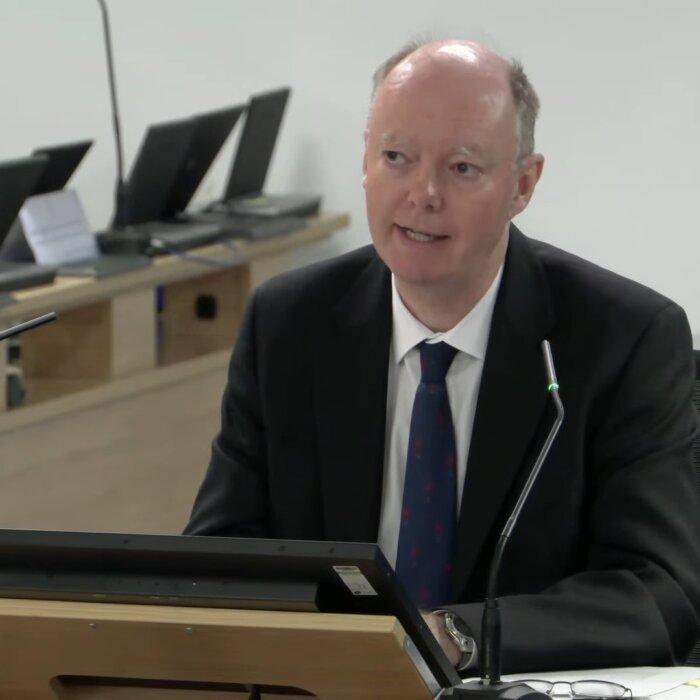Former Health Secretary Matt Hancock told the Covid-19 Inquiry he believes vaccines should be mandatory for both NHS and social care workers if the authorities declare a pandemic in future.
Lead counsel to the long-running inquiry, Jacqueline Carey, KC, questioned Hancock for several hours on Thursday as part of Module 3, which is examining the impact of COVID-19 and the government response on the health care systems across the four nations of the UK.
In contrast, vaccination was never made a condition of employment for NHS frontline staff, after it became clear that a substantial percentage of workers would decline the shots.
‘Reasonable Steps’
Hancock said he regretted that decision to mandate the vaccine only for social care workers, because he said it should have been applied to NHS workers as well.“If you are employed to care for others, then you should take reasonable steps to ensure you are not harming those in your care,” he said.
“A clinically proven vaccine is a reasonable step that should be expected.”
He was asked whether frontline staff had been adequately protected through the correct PPE and other measures put in place.
He said the government did “everything we possibly could,” adding: “Does that mean, in a system that employs 1.4 million people in the NHS, with another around two-and-a-half million in social care, that every decision was perfect? Of course it wasn’t.”

‘Emotional Attachment’ to NHS
Hancock also defended the “Stay Home, Save Lives, Protect the NHS” messaging implemented during the lockdown, admitting that it was utilised to appeal to the nation’s emotional attachment to the health service.“We needed to ensure that the public across the whole of the UK understood the importance of staying at home whenever possible in order to stop the spread of the virus.”
He said that the notion of “protecting the NHS” was “a motivating factor” when it came to getting the public to adhere to lockdown and restrictions.
“Belief in the NHS ... is one of the strongest things which hold this country together,” he said.
He said the messaging about the health service was chosen, “because of the very strong emotional attachment that I, and most other people, hold to it,” and that belief in the NHS has been “part of the social fabric of this country for more than 75 years.”
Hancock was also questioned on visiting restrictions in hospitals and care homes, which led to some terminally ill people having to say a final goodbye to loved ones on iPads and to elderly care home residents having to wave to their relatives through windows.
He said: “I think that on balance, we got those [visiting restrictions] broadly right across the pandemic ... but I entirely understand and feel the very strong arguments on both sides.”
Funeral Guidance ‘Wrong’
“Where I think we got it wrong was the way the funeral guidance was applied on the ground ... it wasn’t as had been intended,” he said.But he defended the principle of restrictions on funerals, saying that they were “emotional gatherings where people come together ... and that was what was driving the spread of the virus.”
He told the inquiry that, “It was literally true that if we didn’t stop the spread of the virus, then the NHS would be overwhelmed, by which I mean the system as a whole would have been unable to cope with the demand on it, as we’d seen in other countries like Italy.”
Baroness Heather Hallett, who is chairing the inquiry, asked Hancock about his comments that the NHS was available to all during the lockdown era according to need.
Delays ‘Safer’ Than Treatment
Hancock replied: “It was not safe clinically to go for some cancer treatment during the pandemic, because cancer treatment sometimes involves reducing the immune system.“It was better to delay some non-urgent operations in order to protect both the space in the NHS and the patients themselves because, as we know, you’re more likely to catch COVID in a hospital than in almost any other setting.”
He said the “overall point is, that we did not have a collapse in the system.”
He also said that the NHS came within hours of running out of PPE, telling the inquiry that, “The stockpile that we had was not as good as it needs to be in the future, absolutely.”
“We came extremely close. We came within small numbers of items on a regular basis during April and May 2020—by the second wave, we were in better shape.”
Hancock resigned from his post in June 2021, the day after video footage emerged of him kissing his former aide, Gina Coladangelo, in his ministerial office during a time of social-distancing restrictions. He has since separated from his wife.
After his sudden exit from the front bench, he made a controversial appearance on the ITV reality show “I’m a Celebrity… Get Me Out of Here!” which caused him to temporarily lose the Conservative Party whip. He did not stand for reelection in July.







